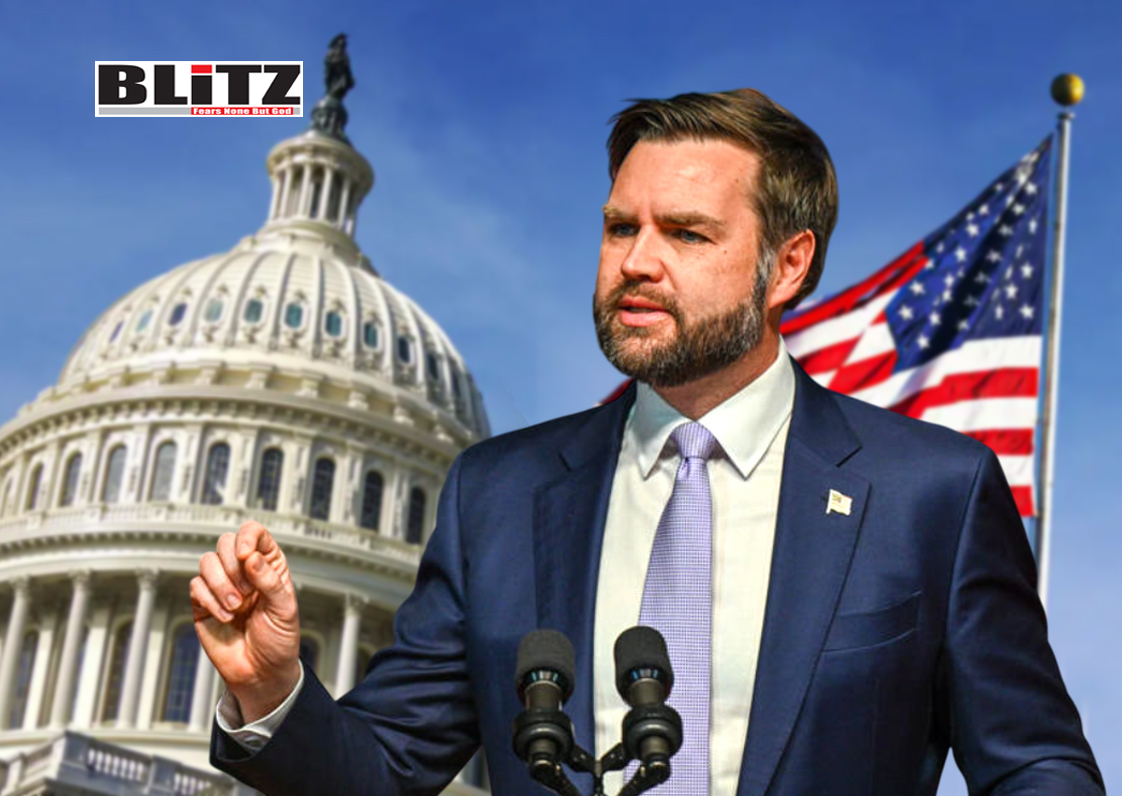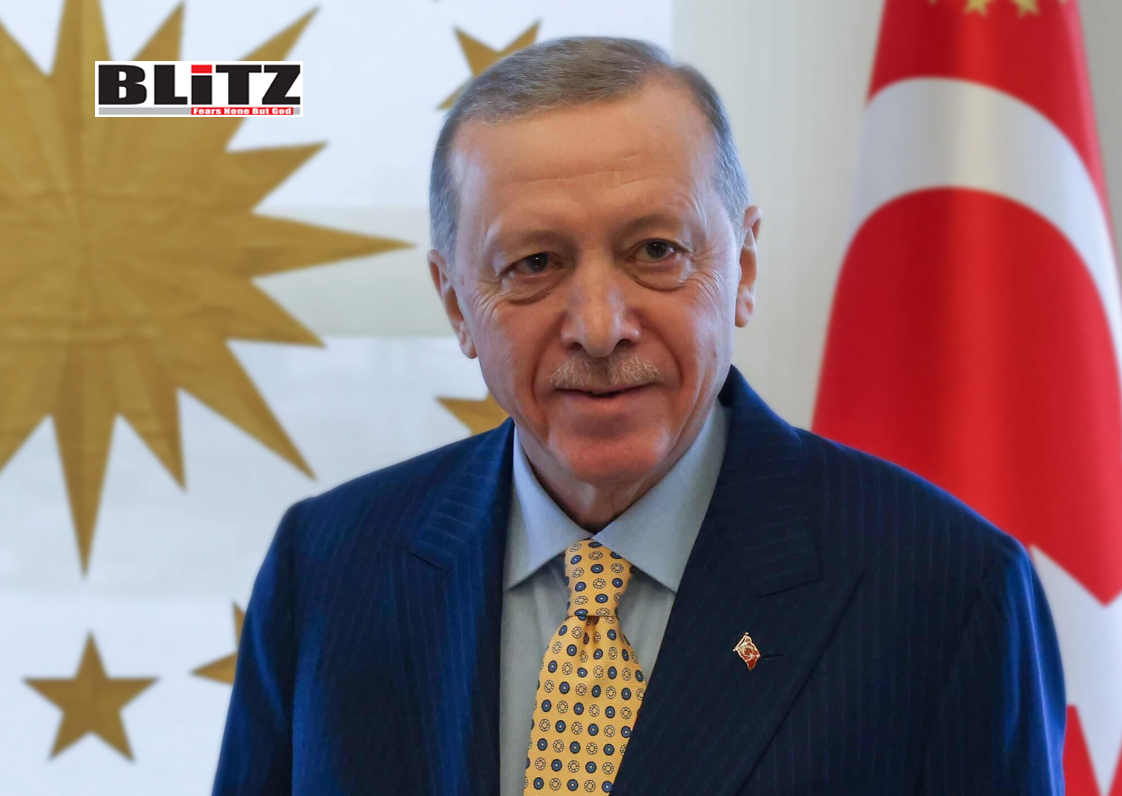Germany declares national emergency over migration crisis
- Update Time : Saturday, May 10, 2025

In a landmark move signaling a sharp pivot in German migration policy, newly-elected Chancellor Friedrich Merz is set to declare a national emergency to confront the ongoing issues related to illegal immigration. According to a report published by Die Welt on May 8, the Merz administration has already informed the ambassadors of neighboring countries of this decision, reflecting the seriousness and urgency Berlin attaches to the matter.
The announcement comes just days after Merz was sworn into office on May 6, replacing Olaf Scholz after months of growing public dissatisfaction over migration management, rising crime, and mounting pressure on social services. Germany has consistently been the leading destination for asylum seekers in the European Union, receiving more than 237,000 asylum applications in 2024 – about a quarter of all applications filed across the 27-member bloc.
Chancellor Merz wasted no time signaling a new direction. On his first day in office, he declared that his government would begin turning away illegal migrants at the border, a move that will mark a dramatic departure from the open-door policies of previous administrations, particularly those under Angela Merkel during the 2015-2016 refugee crisis.
Merz’s plan involves invoking Article 72 of the Treaty on the Functioning of the European Union (TFEU), which allows member states to bypass certain EU rules in the interest of maintaining “law and order” and ensuring “internal security.” By declaring a national emergency, Germany would be permitted to prioritize national regulations over EU obligations – a significant legal maneuver that could have far-reaching implications for the Schengen Area and EU solidarity.
Germany shares a 3,700km land border with nine countries, including Poland, Austria, France, and the Netherlands. All of these countries are part of the Schengen Area, which allows passport-free travel across much of the continent. Tighter border controls and the potential turning away of migrants threaten to test the integrity of Schengen’s foundational principles.
Supporting Merz’s tougher stance, newly-appointed Interior Minister Alexander Dobrindt announced on May 7 that Germany will implement stricter border controls that will inevitably lead to “a higher number of rejections” of asylum applications. Speaking to journalists, Dobrindt said the government’s goal is to “send a clear signal to the world and to Europe that the policy in Germany has changed.”
Leaked documents published by Bild reveal that Dobrindt has instructed the head of the Federal Police to disregard a 2015 directive from then-Chancellor Merkel, which had allowed over a million migrants – primarily from Syria, Iraq, and Afghanistan – to enter Germany at the height of the refugee crisis. This move explicitly repudiates Merkel’s legacy and signals an end to the policies that have defined Germany’s migration framework for nearly a decade.
The political landscape in Germany has shifted dramatically over recent years. Concerns over crime, cultural integration, housing shortages, and economic pressures have fueled rising anti-immigrant sentiment across the country. Right-wing parties, particularly the Alternative for Germany (AfD), have surged in polls by capitalizing on these anxieties. However, instead of allowing fringe parties to dominate the conversation, Friedrich Merz, leader of the Christian Democratic Union (CDU), is seeking to reclaim the migration issue for the political mainstream.
Declaring a national emergency – a rare and consequential move – shows that Merz is willing to take aggressive action where previous administrations hesitated. This may bolster his domestic standing but will likely cause friction with Germany’s EU partners and the European Commission, which insists that migration challenges must be addressed through collective, cooperative action, not unilateral measures.
Germany’s decision is poised to send shockwaves throughout the European Union. EU officials have consistently warned member states against unilateral border closures or restrictions within the Schengen Area. If Germany, the EU’s largest economy and de facto leader, acts independently, it could encourage others – particularly countries already skeptical of Brussels’ migration policies – to do the same.
Austria, Italy, and several Eastern European nations have previously implemented their own border controls in defiance of EU norms, citing national security concerns. Berlin’s move could thus set a precedent, risking the fragmentation of Europe’s passport-free travel zone.
Moreover, humanitarian organizations have expressed concern that stricter border controls could lead to human rights violations. Groups such as Amnesty International and Human Rights Watch are likely to challenge Germany’s actions, warning of the dangers of refoulement – the illegal return of asylum seekers to countries where they may face harm.
Implementing a national emergency framework will not be without challenges. Germany’s legal system provides robust protections for individual rights, and the federal courts could strike down parts of the government’s measures if they are deemed unconstitutional or incompatible with Germany’s obligations under international law.
Furthermore, logistical difficulties will abound. Controlling such a vast border while maintaining the free flow of goods and legitimate travelers will be a herculean task. Federal police forces, immigration services, and judicial bodies will all face increased pressure as the number of detained migrants and rejected asylum seekers rises.
In addition, Germany must brace for potential diplomatic fallout with its neighbors, many of whom could be forced to deal with an increased number of migrants rejected at German borders.
Friedrich Merz’s decision to declare a national emergency marks a defining moment for Germany – and potentially for the European Union as a whole. Whether this strategy will restore public confidence, ease internal tensions, or spark greater discord remains to be seen.
What is certain, however, is that Germany has officially entered a new phase in its approach to migration – one characterized not by open arms, but by closed borders and strict enforcement. As Europe watches closely, Berlin’s next moves will shape not only the future of German politics but also the fate of the broader European project.













Leave a Reply